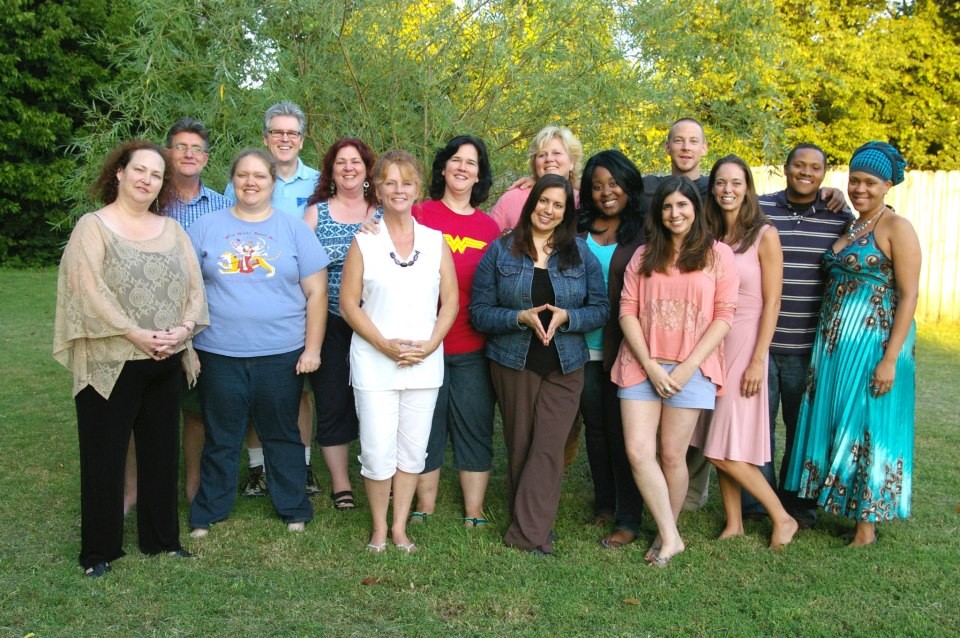Alright – so today we’ve got the honor of introducing you to Dez Stephens. We think you’ll enjoy our conversation, we’ve shared it below.
Dez, thank you so much for joining us and offering your lessons and wisdom for our readers. One of the things we most admire about you is your generosity and so we’d love if you could talk to us about where you think your generosity comes from.
My generosity comes from a both a strong family upbringing of volunteering and a desire to live my dharma.
I was raised by a mother who encouraged me to always help others, and by a stepmother who took me to her social work clinics where I witnessed people in need.
My stepmom supported parents who were raising children with developmental needs. When I was about 12 years old at one of her all-day clinics, I tagged along and met 5-year-old twin girls whose parents were there to visit with doctors and social workers.
One of these twins was “normal” and the other one was blind, deaf, nonverbal, and non-ambulatory but could be understood by her family in terms of her needs. For example, she would blink once for yes and twice for no.
She was muscularly atonic meaning that she was completely stiff in her body and laid in her bed at home day and night. I was tasked with feeding her at the clinic, so I held her upright with my left arm and used a bottle to feed her with my right arm.
After doing this for five minutes, my arm felt like it was going to fall off! Her sister was skipping around the room talking to her twin and singing. I was struck by the way her sister didn’t treat her any differently.
I am also an identical twin, so I think I understood this connection on a deeper level. Either way though, I went a profound sense of compassion for this little girl. I think this inspired me to serve others in my life.
As a result, I volunteered for lots of things like soup kitchens for the homeless and humane societies for animals. This kept going into my adult life where I went into nonprofit work until professional coaching found me where I continue to be of service to fellow humans.
As a certified and credentialed holistic coach, I help my clients figure out who they are and where they want to go in terms of their personal and professional lives.
When I first graduated from my professional coach training program, I started coaching in prisons and halfway houses. My motivation to do this came from my younger brother being in jail while he was young. He could have benefited from a coach supporting him as he returned to regular life.
I consider myself a humanitarian and cofounded a nonprofit organization in Honduras where we provide free coaching to Central Americans who are experiencing grief, loss, pain and trauma from natural disasters, poverty, government corruption and crime violence.
I also etch out time in my weekly coaching schedule to coach those in need who may not have financial means to hire a professional coach. This is important to me in many ways because it not only fulfills me but helps the coaching industry to be understood as generous as well.
Thanks for sharing that. So, before we get any further into our conversation, can you tell our readers a bit about yourself and what you’re working on?
I am the Founder + CEO of Radiant Health Institute, a social enterprise comprised of holistic educators, providers and practitioners dedicated to enhancing lives through special events, holistic coach training and meaningful publishing.
After 18 years of professional coaching and 11 years of being a coach trainer, I am happy to say that I’m a significant part of the coaching industry because I also serve on committees for the International Coaching Federation (ICF) and some of their chapters including ICF Caribbean where I train coaches in person at retreats.
I am dedicated to my mission to provide affordable coach training to the masses because, traditionally, it’s been very expensive to become a professional coach.
Professionally, I am also proud to call myself a 2022 Emmy-nominated co-executive producer of the documentary, “End of the Line: The Women of Standing Rock.” This film highlights Indigenous women who are protecting their water and soil on their Native American reservation in the United States for the benefit of future generations.
My first book, “The Qualitarian,” was recently published by Paperclip Publishing, and readers benefit from learning about living a life of quality over quantity.
I love to travel so I’ve hosted international retreats for both my students and the general public. We’ve hosted over 70 weeklong retreats over the past decade where we do humanitarian work and fun field trips.
My future plans include traveling the world continuing to serve others with a sharp focus on activism and advocacy.
There is so much advice out there about all the different skills and qualities folks need to develop in order to succeed in today’s highly competitive environment and often it can feel overwhelming. So, if we had to break it down to just the three that matter most, which three skills or qualities would you focus on?
Skills are easy to learn, and knowledge is fairly easy to gather, so I believe that qualities are more important to consider and cultivate.
The three qualities that have most impacted my journey the most are nonjudgement, compassion, and positivity.
My intention to not judge others serves me well as a holistic coach, and my clients feel safe with me as a result. They are then more open during their coaching sessions allowing them to really feel through their solutions to their challenges.
My compassion serves me well since it guides me to reach out to people and communities in need. I am an advocate and activist for people, animals and the environment.
My positivity helps me stay clear and focused as a business owner since the world can be a negative place especially online. It also feels good and is contagious with my fellow humans.
My advice on not judging others is to not compare yourself with others and to not criticize others since we are all doing our best.
My advice on remaining compassionate is to nurture self-life and self-love to first feel compassion for yourself making it more natural to do the same for others.
My advice to get and stay positive is to stay in the present moment as best as you can to cultivate an appreciation of what is. An easy way to do this is to “get in the body” by simple techniques like havening, self-massage and moving meditation.
What’s been one of your main areas of growth this year?
My biggest area of growth in the past 12 months has been my business expanding its coaching specialties. We are celebrating 11 years in business, so we decided to offer specialized trainings in subjects like trauma recovery, leadership, somatics, spirituality, intuition nutrition, metaphysics, relationships, and social impact.
This expansion has brought in new trainees who are interested in going beyond coach certification and credentialing to enhance their coaching practice. My graduates have become my co-trainers and course providers which is a natural growth extension of my company’s vision to promote from within.
Contact Info:
- Website: https://radiantcoachesacademy.com/dezstephens/
- Instagram: https://www.instagram.com/dezstephens
- Facebook: https://www.facebook.com/dez.stephens
- Linkedin: https://www.linkedin.com/in/dezstephens/
- Twitter: https://twitter.com/dezstephens
- Youtube: https://www.youtube.com/@radiantcoachesacademy8955
- Yelp: https://www.yelp.com/biz/radiant-health-institute-port-st-lucie
- SoundCloud: https://podcasters.spotify.com/pod/show/radiantcoaches
- Other: https://podcasters.spotify.com/pod/show/radiantcoaches
https://radiantcoachesacademy.com/blog/
https://www.pinterest.com/radiantcoachesacademy/
https://www.tiktok.com/@dezstephens
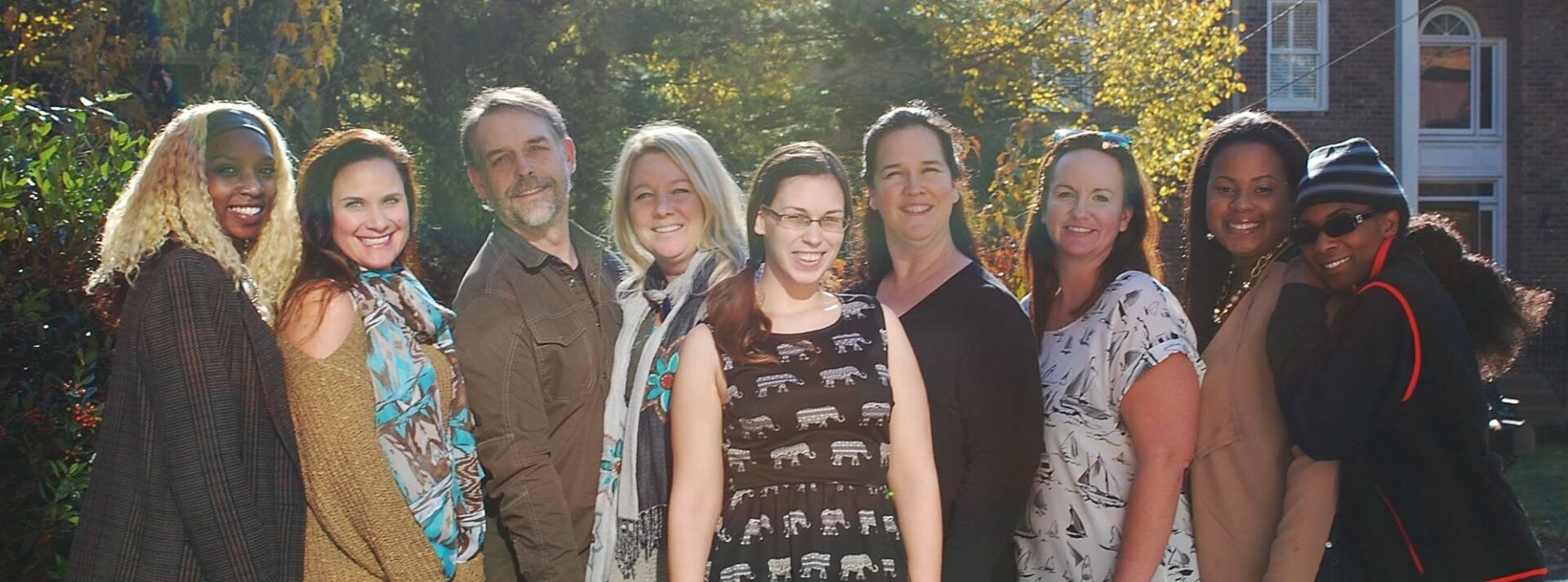
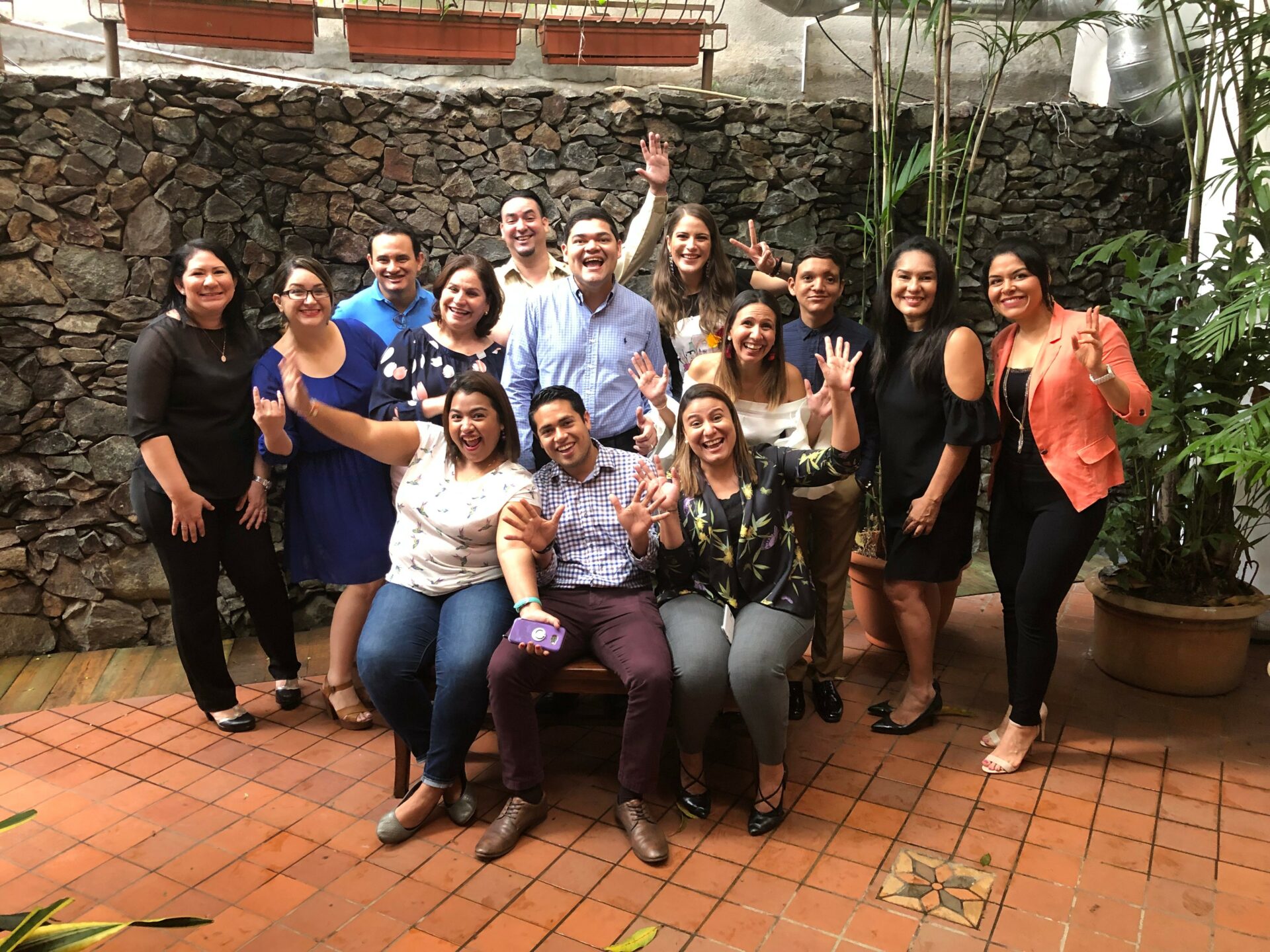
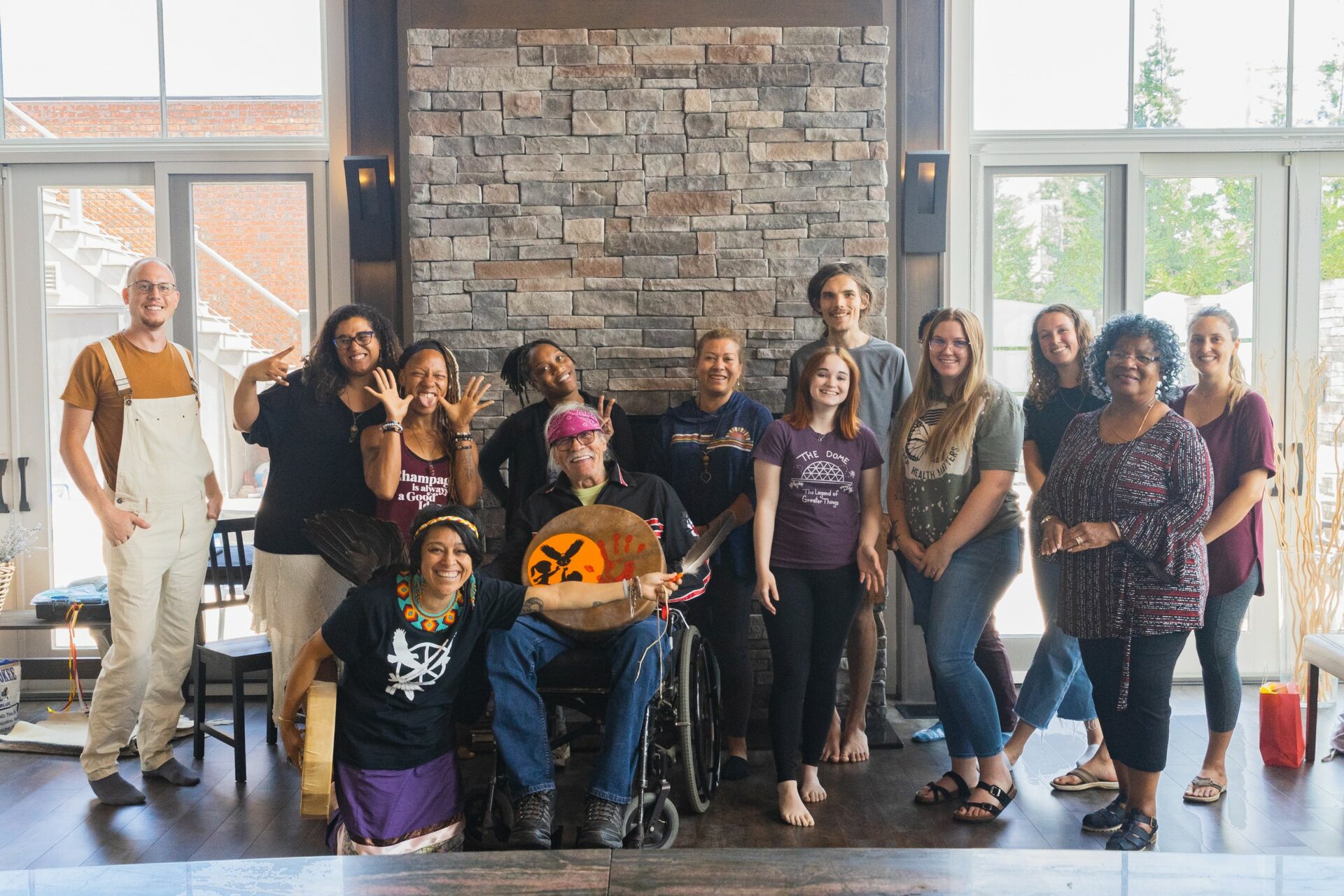
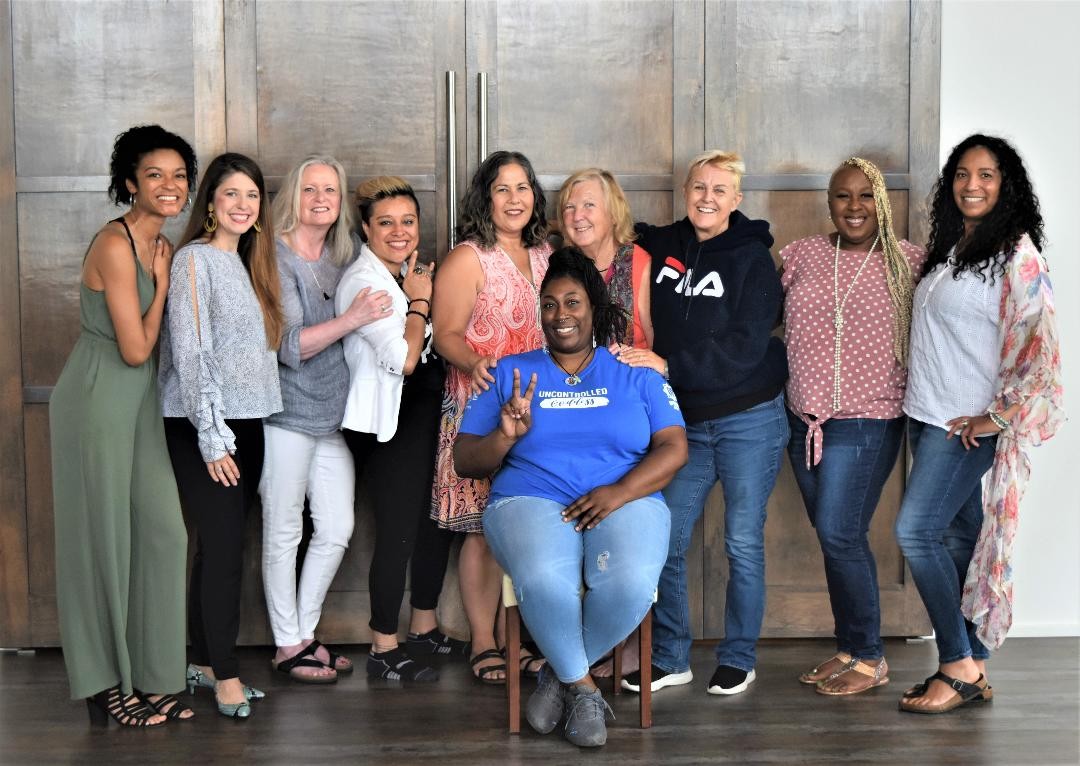
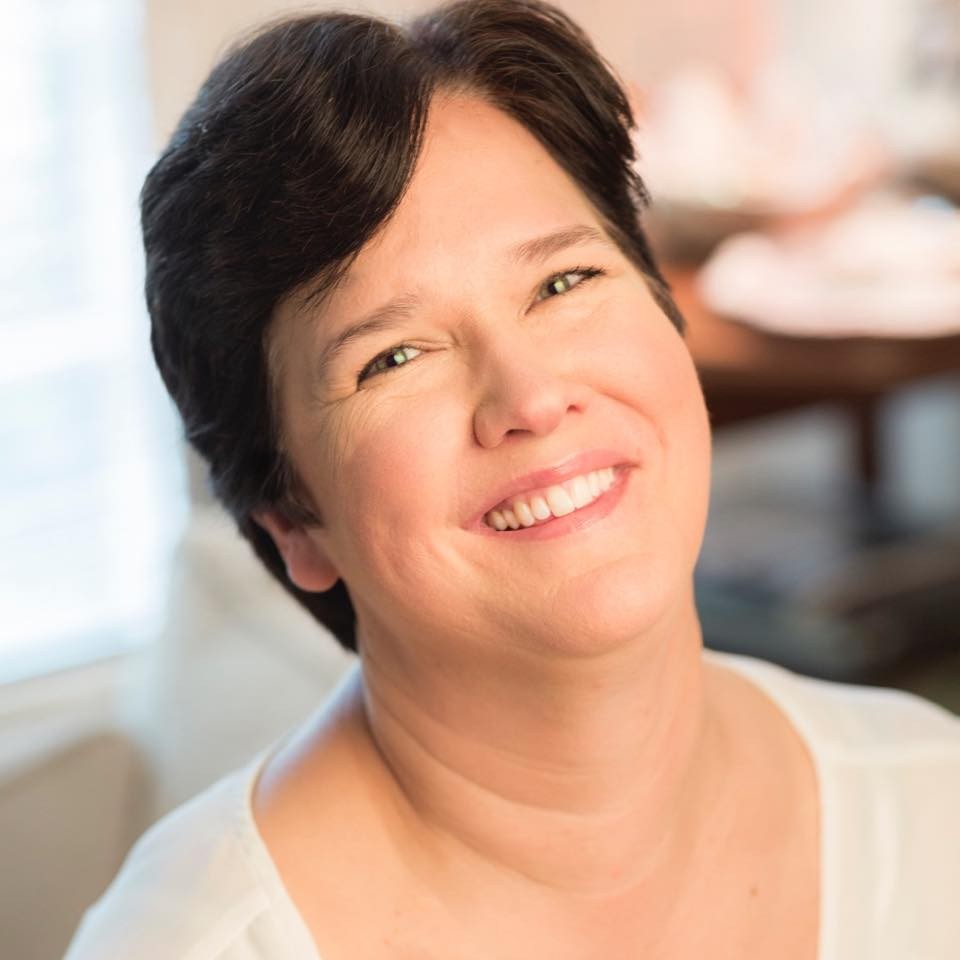
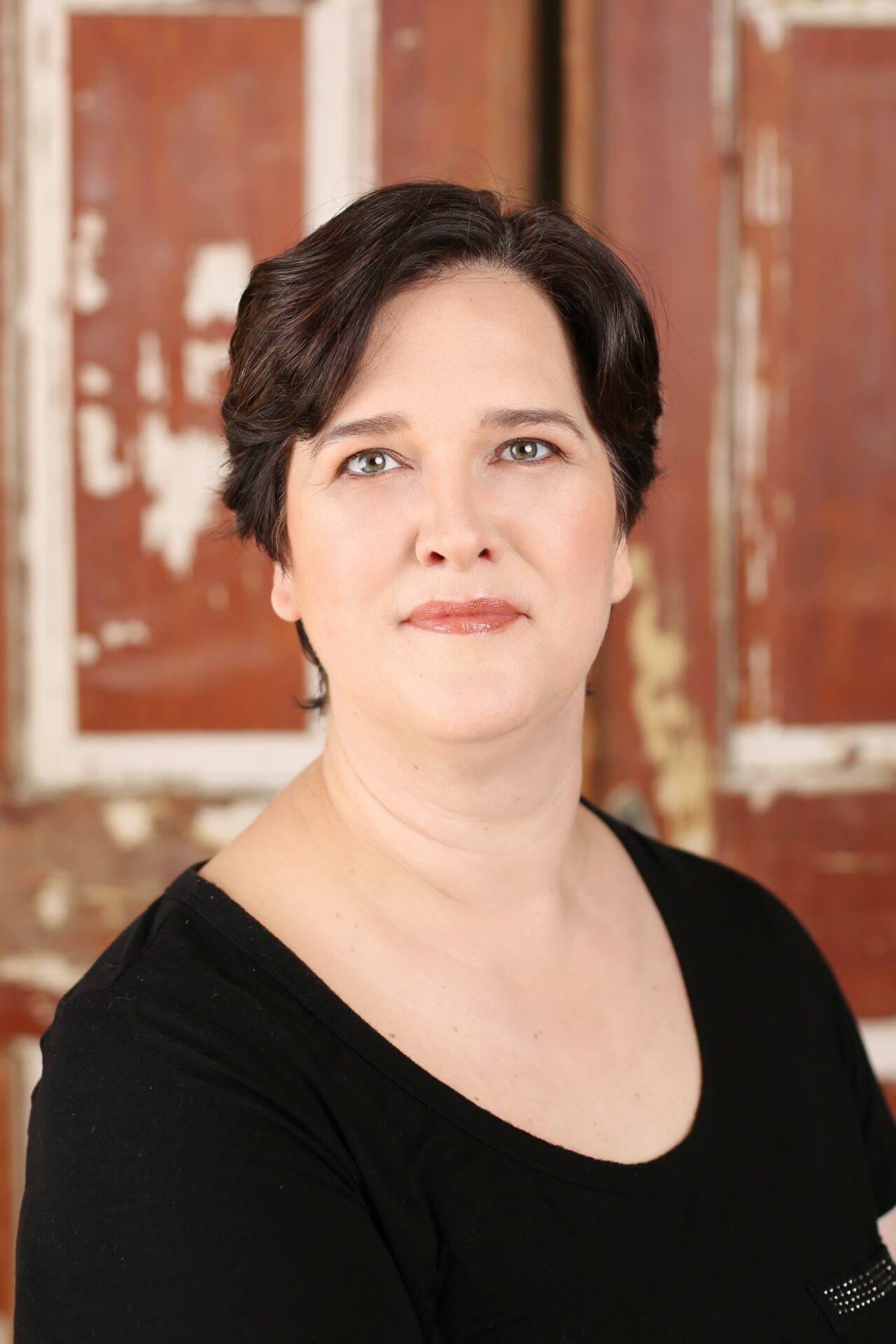
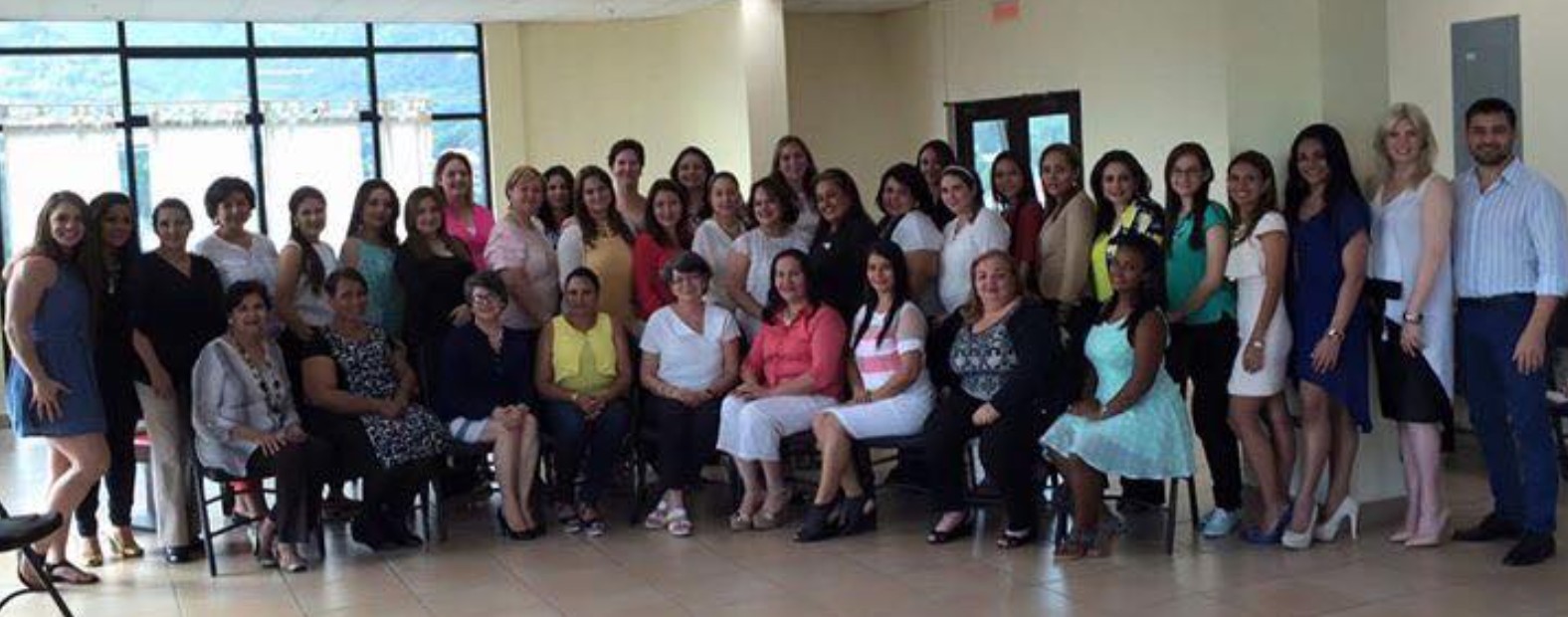
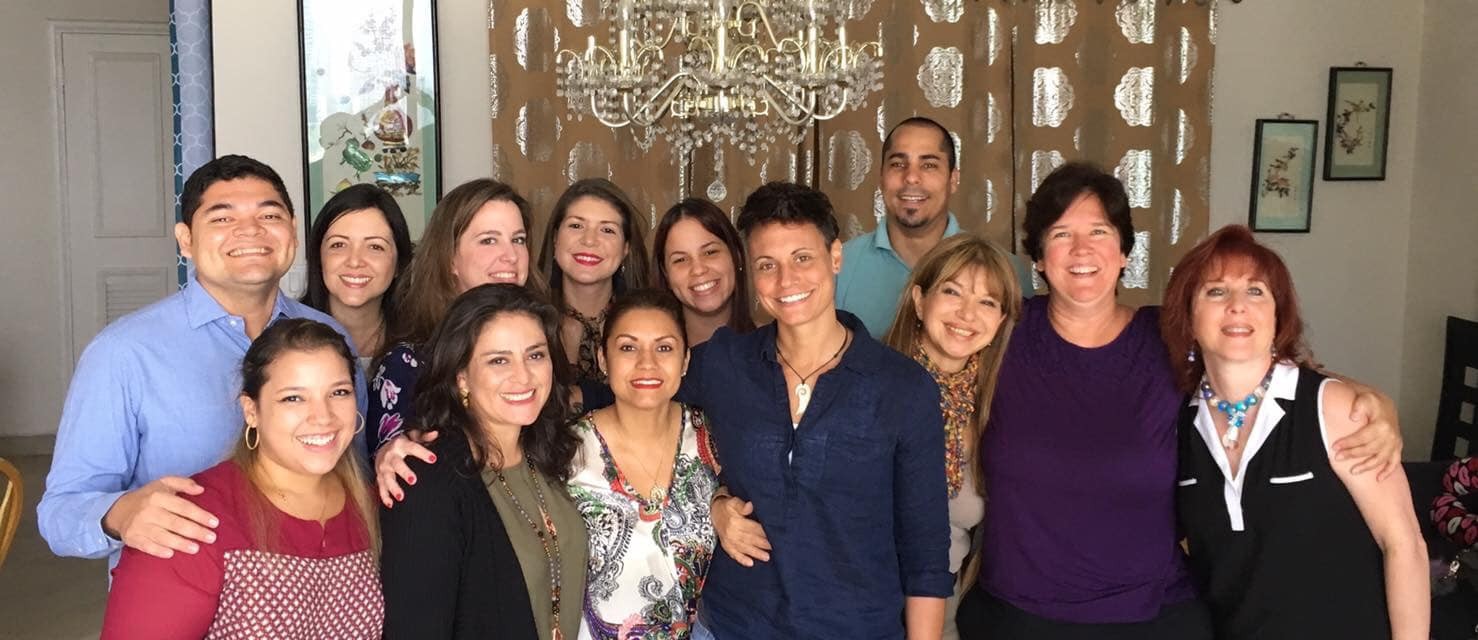
Image Credits
Tamara Reynolds and Dez Stephens

